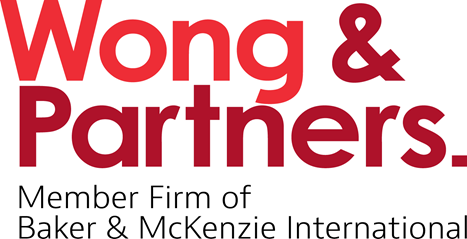In brief
As part of the Malaysian Budget 2022 speech last year, the Minister of Finance announced that it will introduce a special voluntary disclosure program for indirect taxes as part of concerted measures to increase tax revenue for the Malaysian Government. The guidelines1 underpinning the foregoing program (“Guidelines“) was recently published by the Royal Malaysian Customs Department (“Customs“) with a notable inclusion of an amnesty element (discussed below) within the framework of the rebranded Voluntary Disclosure and Amnesty Program for indirect taxes (“VA“).
For the business community in Malaysia, the VA is a reminiscence of the special voluntary disclosure program for direct taxes which was introduced in 2018 by the then Malaysian Government which has had mixed reactions from participating Malaysian taxpayers. This is primarily given the lack of guaranteed audit immunity on the disclosed compliance affairs and the potential domino effect that the voluntary disclosure may have on the participant’s audit risks moving forward, which may neutralize any anticipated benefits.
Coupled with the higher collection2 target announced earlier by Customs and our observed increasingly aggressive audit strategies deployed by Customs officials tasked with meeting the designated collection KPIs, interested businesses should carefully weigh any benefit that may arise from participating in the VA against any potential impact on its compliance profile and risk.
We set out below a summary of salient features of the VA, for your consideration:
Scope of the VA
Under the Guidelines, the VA is only applicable to the following indirect tax areas:

Click here to access full alert.
1 https://myva.customs.gov.my/GUIDELINE_VA_AS_AT_31_12_2021.pdf
2 https://www.thestar.com.my/aseanplus/aseanplus-news/2021/03/21/malaysian-customs-dept-targets-rm40bil-from-taxes-this-year
* * * * *

This client alert was issued by Wong & Partners, a member firm of Baker McKenzie International, a global law firm with member law firms around the world. In accordance with the common terminology used in professional service organizations, reference to a “partner” means a person who is a partner or equivalent in such a law firm. Similarly, reference to an “office” means an office of any such law firm. This may qualify as “Attorney Advertising” requiring notice in some jurisdictions. Prior results do not guarantee a similar outcome.





